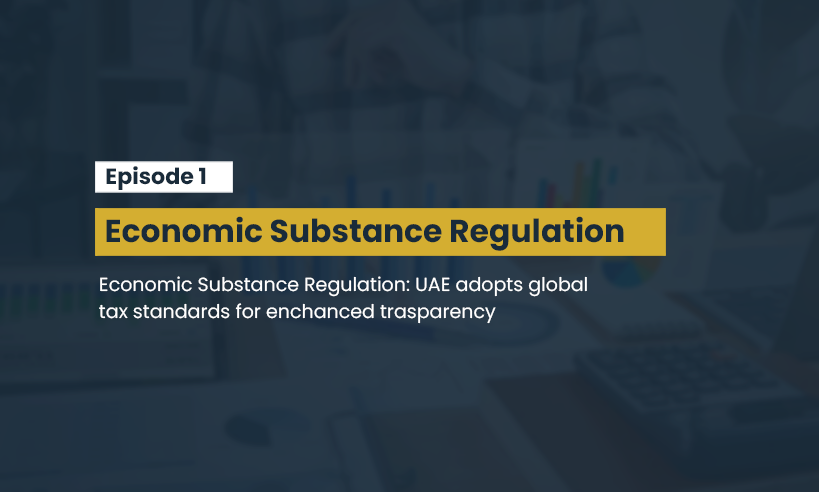The Economic Substance Regulation (ESR) is a set of rules introduced by the UAE government to align with the global standards of tax transparency and combat tax evasion. Under ESR, businesses in the UAE must demonstrate that they have sufficient economic activity and presence in the country to justify the income they earn and the taxes they pay.
ESR applies to businesses that conduct specific activities, such as banking, insurance, investment management, and intellectual property. The regulation impacts all companies in the UAE, including those in free zones and offshore jurisdictions.
Failure to comply with ESR requirements can result in hefty penalties, including fines, suspension of licenses, and reputational damage.
To ensure compliance with ESR, businesses in the UAE must maintain accurate records and document their economic substance through various criteria, including:
Physical presence in the UAE, such as offices, employees, and assets
Active management of relevant activities within the UAE
Adequate operating expenditures in the UAE
Qualified employees and equipment in the UAE
Appropriate levels of revenue generated in the UAE
As the June deadline approaches, businesses must take proactive steps to ensure they meet the ESR requirements. This includes reviewing their business operations, documenting their economic substance, and reporting to the relevant authorities.
In summary, compliance with ESR is a crucial aspect of doing business in the UAE, and failure to comply can result in significant consequences. By taking proactive steps to ensure compliance, businesses can avoid penalties and maintain their reputation in the market.
